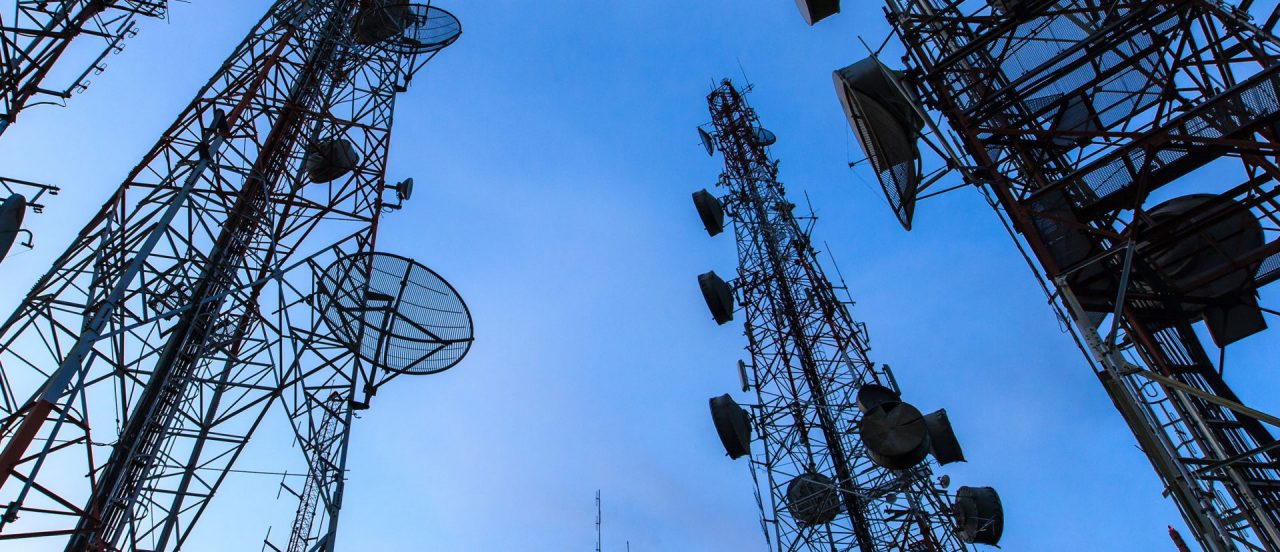Whether there should be increased antitrust enforcement, and/or ex ante regulation of heretofore lightly-regulated major high-tech companies has attached considerable academic, policy, and popular attention, both in the United States and internationally. Proposals for more vigorous intervention — by new ex ante regulation and/or stronger ex post antitrust enforcement — resemble measures implemented to accommodate the transition of the U.S. telecommunications from predominantly a regulated landline monopoly providing traditional voice telephone services to one in which such services are also offered as wireless and internet-based offerings. The regulatory and legal battles that accompanied this major technological shift provide important lessons on the efficacy of applying similar mechanisms to promote competition among major high-tech firms and their existing and emerging rivals. Telecommunications experience has shown that in determining whether market power is sufficient to warrant ex ante regulation and developing measures to facilitate efficient competition, major regulatory measures are revisited, sometimes several times, in response to changing market, technological, and even political conditions. Rapidly-changing market conditions and technology can make the factual basis and theories justifying ex ante regulation obsolete before the necessary actions to update the regulatory regime and/or defer to antitrust to deal with competition problems can be implemented.
...THIS ARTICLE IS NOT AVAILABLE FOR IP ADDRESS 216.73.216.190
Please verify email or join us
to access premium content!

